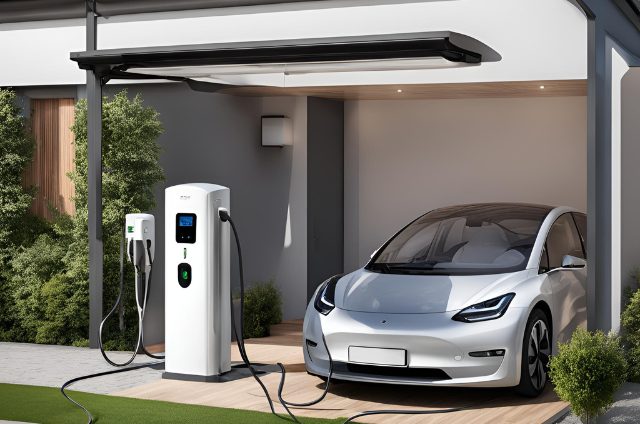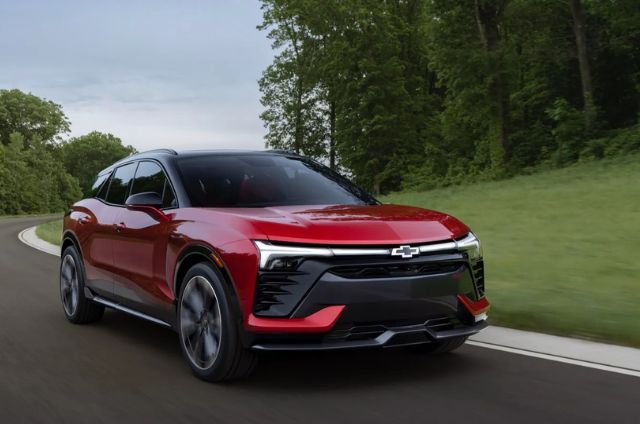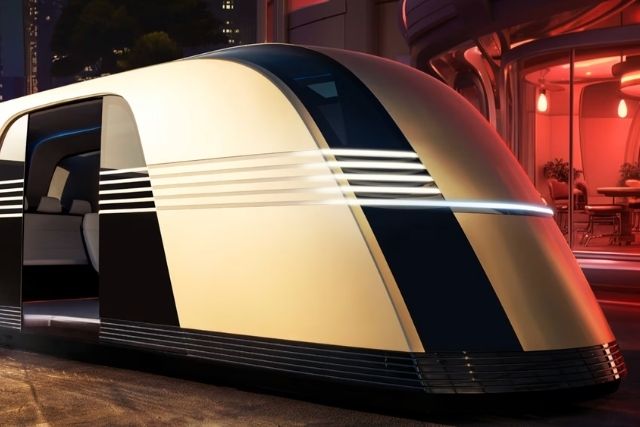Setting up a home EV charger is becoming increasingly popular in the U.S., but getting the installation right is crucial for both safety and code compliance. A recent online discussion highlighted common DIY mistakes. Here’s what U.S. homeowners should know to avoid costly errors and ensure a smooth process.
Breaker and Wire Pairing Problems
One of the biggest mistakes involves using the wrong breaker and wire size combination:
- Mistake: Installing a 60A breaker with #8 wire, which is only rated for 40 amps. This setup risks overheating and is a code violation under the National Electrical Code (NEC).
- Fix: Use a 40A breaker for #8 wire or upgrade to #6 wire, which can handle 60 amps safely.
- Tip: If you’re installing multiple EV chargers, follow the 80% rule. For a 90A breaker with #4 wire (rated for 85 amps), keep the total load under 68 amps by limiting each charger to 32A max.
Conduit and Grounding Requirements
Proper conduit setup and grounding are key elements of a safe installation:
Separate supply and load conduits: U.S. electrical codes require that input and output wires run in separate conduits to reduce safety risks.
Ground wire sizing: For a 100A circuit, use a #8 copper ground wire. If the installation is outdoors, many local codes require insulated ground wires due to moisture concerns.
Final Installation Tips for U.S. Homeowners
Many homeowners miss small but essential details during installation. Make sure to:
- Glue PVC joints to ensure they’re watertight, especially for outdoor setups.
- Use enough conduit straps to secure the wiring properly.
- Avoid overfilling conduits: Keep wire fill below 40% of conduit capacity to prevent overheating and ensure code compliance.
By paying close attention to these key areas—breaker sizing, conduit separation, and proper grounding—you can create a safe, compliant EV charging station at home. For those unsure about the specifics, hiring a licensed electrician familiar with U.S. codes can save time, money, and future headaches. Proper planning today means hassle-free EV charging for years to come.



